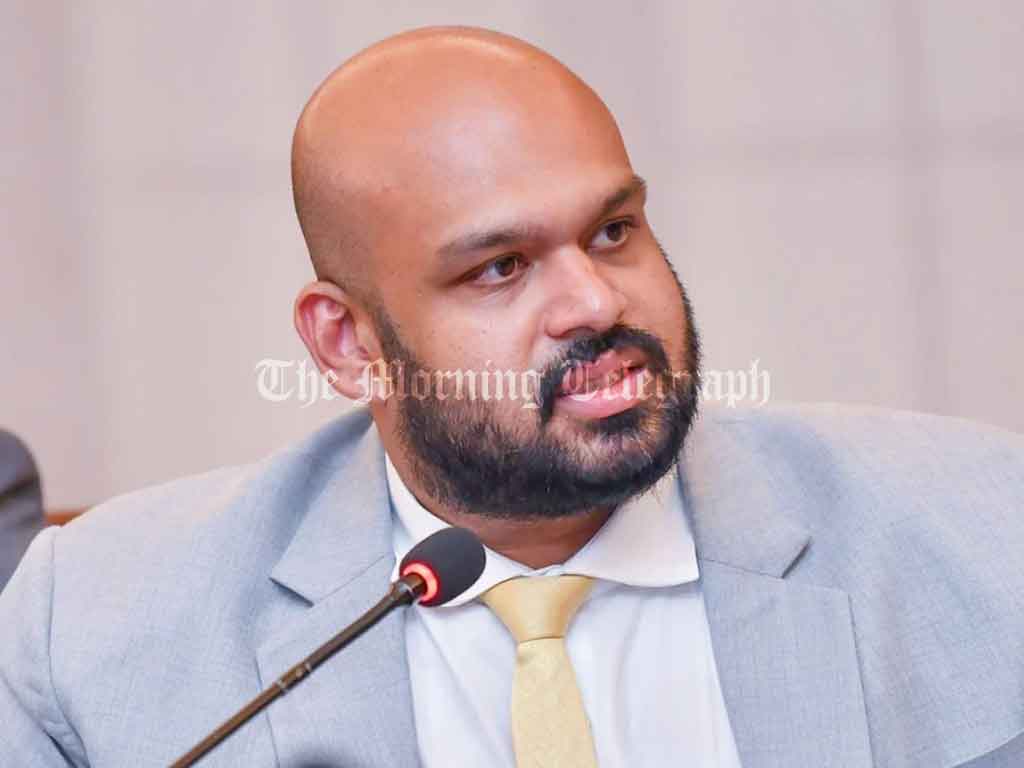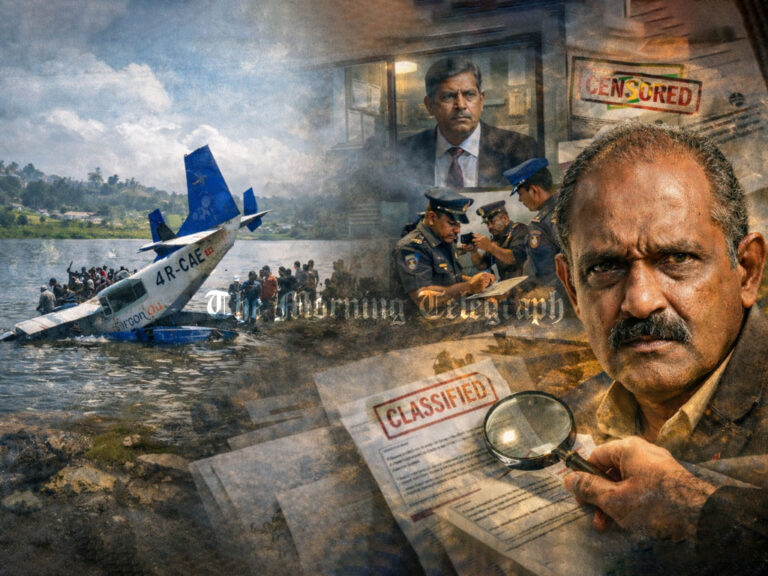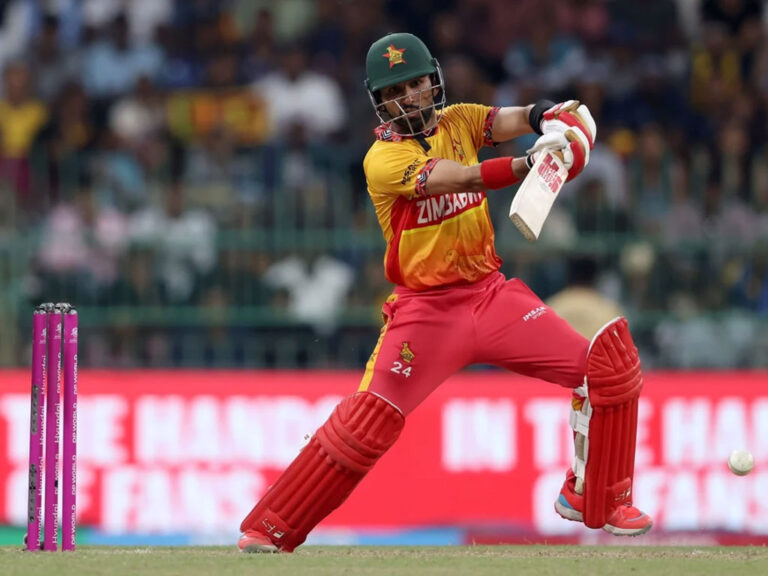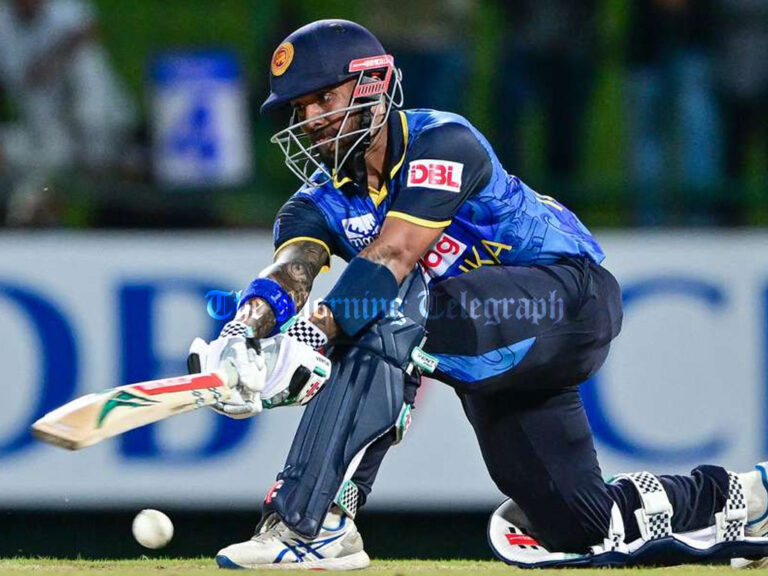
The Tamil National Alliance (TNA) has engaged in a detailed discussion with President Anura Dissanayake about the prospects of power-sharing and addressing critical issues facing the Tamil community through a new constitution. Speaking at a press conference, TNA MP Shanakyan Rasamanikam outlined the key points of the meeting, describing it as a positive step toward reconciliation and inclusivity.
During the meeting, the TNA highlighted its call for a comprehensive political solution, including the devolution of power to the Northern and Eastern provinces. Rasamanikam emphasized that the party seeks “maximum power-sharing” to ensure equitable governance for the Tamil population in these regions, which have long suffered from economic neglect and political marginalization.
The discussions also addressed several deeply sensitive issues, including the plight of missing persons from the civil war, ongoing land disputes, and the reclamation of lands currently occupied by military forces. Rasamanikam noted that these issues remain a significant source of distress for affected families and hinder the path to genuine reconciliation.
President Dissanayake reportedly expressed his willingness to engage in further discussions and consider reforms that could address these concerns. Among the proposed measures, the President acknowledged the controversial use of the Prevention of Terrorism Act (PTA), which has been widely criticized for enabling arbitrary arrests and human rights violations. He assured the TNA that the act would no longer be used to suppress dissent or target minority communities and that its role would be reevaluated to align with democratic principles.
In addition, the President indicated a readiness to explore the possibility of granting bail to political prisoners, many of whom have been detained for years without trial under the PTA. This step, if implemented, could signal a shift toward addressing grievances and fostering trust between the government and the Tamil community.
The meeting also provided an opportunity to discuss the TNA’s broader political position and its role in shaping Sri Lanka’s future governance framework. Rasamanikam stressed the importance of these discussions as a foundation for resolving historical injustices and ensuring that Tamil citizens have a meaningful role in the nation’s political and economic development.
While no immediate resolutions were reached, both parties agreed to continue the dialogue, with the President expressing his commitment to engaging with all stakeholders to create a sustainable and inclusive political framework. This meeting is seen as a pivotal moment in efforts to address Tamil grievances and move toward lasting peace and equality in Sri Lanka.




